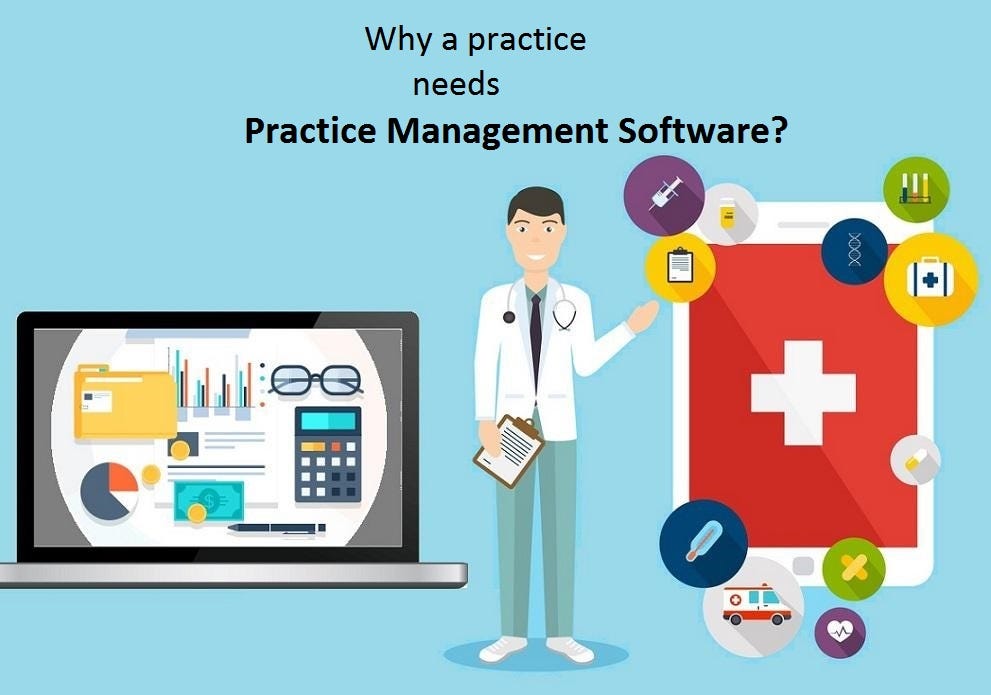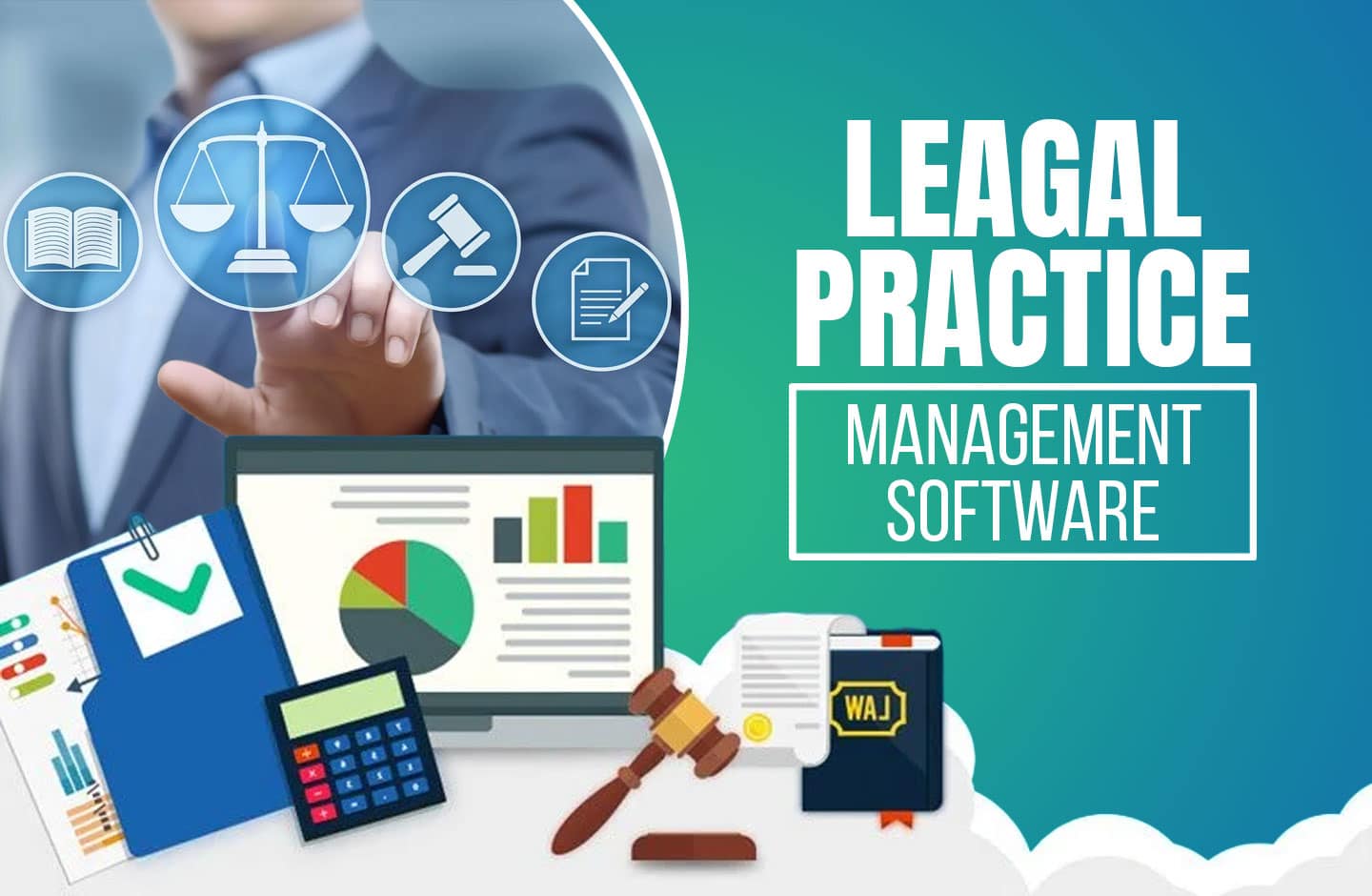Are you tired of spending endless hours on tedious administrative tasks instead of focusing on your clients’ needs? Legal management software might just be the solution for you. With the right legal management software in place, you can streamline your workflow and boost efficiency, allowing you to focus on what really matters: providing excellent legal services to your clients.
In this blog post, we’ll explore the benefits of using legal management software, how it can help streamline your workflow, which types of legal work are best suited for its use and how much it costs. So sit back and get ready to learn how legal management software can transform the way you practice law.
Table of Contents
How does legal management software streamline your workflow?
Legal management software is a valuable tool for law firms and legal professionals, as it streamlines various processes in the workflow. With this software, you can easily manage your time, tasks, documents and clients without wasting any resources. Here are some ways that legal management software can streamline your workflow:

- Legal management software automates repetitive tasks such as document generation, email reminders and scheduling appointments. This saves time for both lawyers and support staff while reducing errors.
- This type of software provides a centralized database where all case-related information is stored securely with access controls set up to ensure confidentiality. This means that lawyers can easily retrieve relevant data from anywhere at any time.
- By using cloud-based technology to store client information online in one place like file cabinets or other storage places make it easy to access important documents regardless of location or device used.
- The ability to track billable hours accurately reduces billing disputes between clients and attorneys. Legal management software helps keep records organized so invoices are sent out on-time which speeds up payments.
- In essence Legal Management Software brings organization into law practices allowing them get more work done within less time than before.
What types of legal work is best suited for using a Legal Management Software?
Legal management software is an excellent tool for law firms and legal professionals to streamline their workflow. But what types of legal work can benefit the most from using such software? Let’s take a closer look.

1. Litigation cases
Litigation cases are one of the best-suited areas for legal management software. These cases often involve multiple parties, complex documents, and deadlines. Legal management software can help keep everything organized by managing case files, scheduling court appearances and depositions, tracking billable hours, and more.
2. Corporate law practices
Corporate law practices can also benefit significantly from using legal management software. Corporate lawyers handle a wide range of tasks related to business transactions like mergers & acquisitions, contract drafting & review as well as compliance regulation adherence with local laws or international regulations.
3. Intellectual property law practices
Intellectual property law practices may find that implementing legal practice management technology helps them manage their clients’ intellectual property portfolios better than before because it provides tools to automate much of the IP process which involves registration filing in different jurisdictions globally plus monitoring infringements against brand names or patents owned by clients.
In conclusion Legal Management Software caters primarily to small-to-midsize firms; however larger organizations may utilize this type of platform if they want improved efficiency within their departments while at the same time achieving growth without having to hire additional staff members who would otherwise be required for manual processing requirements..
How much does legal management software cost?
Legal management software can be a valuable tool for law firms of all sizes, but the cost of implementing such software may vary depending on several factors.
- You need to determine what features and functionalities you require from the legal management software. Some legal management software providers offer customizable pricing based on your firm’s specific needs.
- Another factor that affects the cost is whether you choose a cloud-based or an on-premise solution. Cloud-based solutions generally have lower upfront costs and are more scalable as they don’t require hardware maintenance or upgrades. On-premise solutions might have higher upfront expenses due to installation fees, maintenance and upgrade costs.
- Some legal management software providers charge per user licenses while others offer unlimited access for a fixed fee. It’s essential to evaluate how many users will need access to the system before negotiating with vendors.
- It’s critical not only to consider initial implementation costs but also factor in ongoing support and training fees when evaluating potential options. This way, you can ensure that your investment continues delivering value over time.
- Investing in legal management software can streamline workflows and provide significant benefits for lawyers; however, it’s important first to understand its associated costs so that you make an informed decision about which provider suits your budgetary requirements best.
Benefits of using legal management software
Legal management software can provide a plethora of benefits to law firms, big or small.
- It helps automate time-consuming administrative tasks such as document management, billing and invoicing. By automating these processes, legal professionals can focus more on providing quality legal services while freeing up time for other important matters.
- Legal management software assists in tracking deadlines and appointments. This feature ensures that no deadlines are missed by sending reminders to lawyers beforehand. It also provides an overview of upcoming appointments so that attorneys can plan their schedules accordingly.
- This type of software allows for easier collaboration between team members by providing access to shared documents and real-time communication tools. The ability to work collaboratively increases productivity within the firm.
- Using legal management software provides better data security which is crucial because firms deal with confidential client information every day. Legal practice management systems have multiple layers of protection against cyber attacks making them safer than traditional file storage methods.
- Implementing legal management software has numerous benefits including increased efficiency in operations and improved collaboration among staff members while ensuring maximum security for sensitive information.
Conclusion
Legal management software is an essential tool for any law firm looking to streamline their workflow and increase their efficiency. With a wide range of features designed specifically for the legal industry, this software can help you manage your cases, track your time and billing, automate repetitive tasks, and much more.
Whether you’re a solo practitioner or part of a large firm, investing in legal management software can significantly improve your productivity and profitability. So why not take advantage of all that it has to offer? With so many options available on the market today at varying price points, there’s sure to be one that fits your needs and budget.



